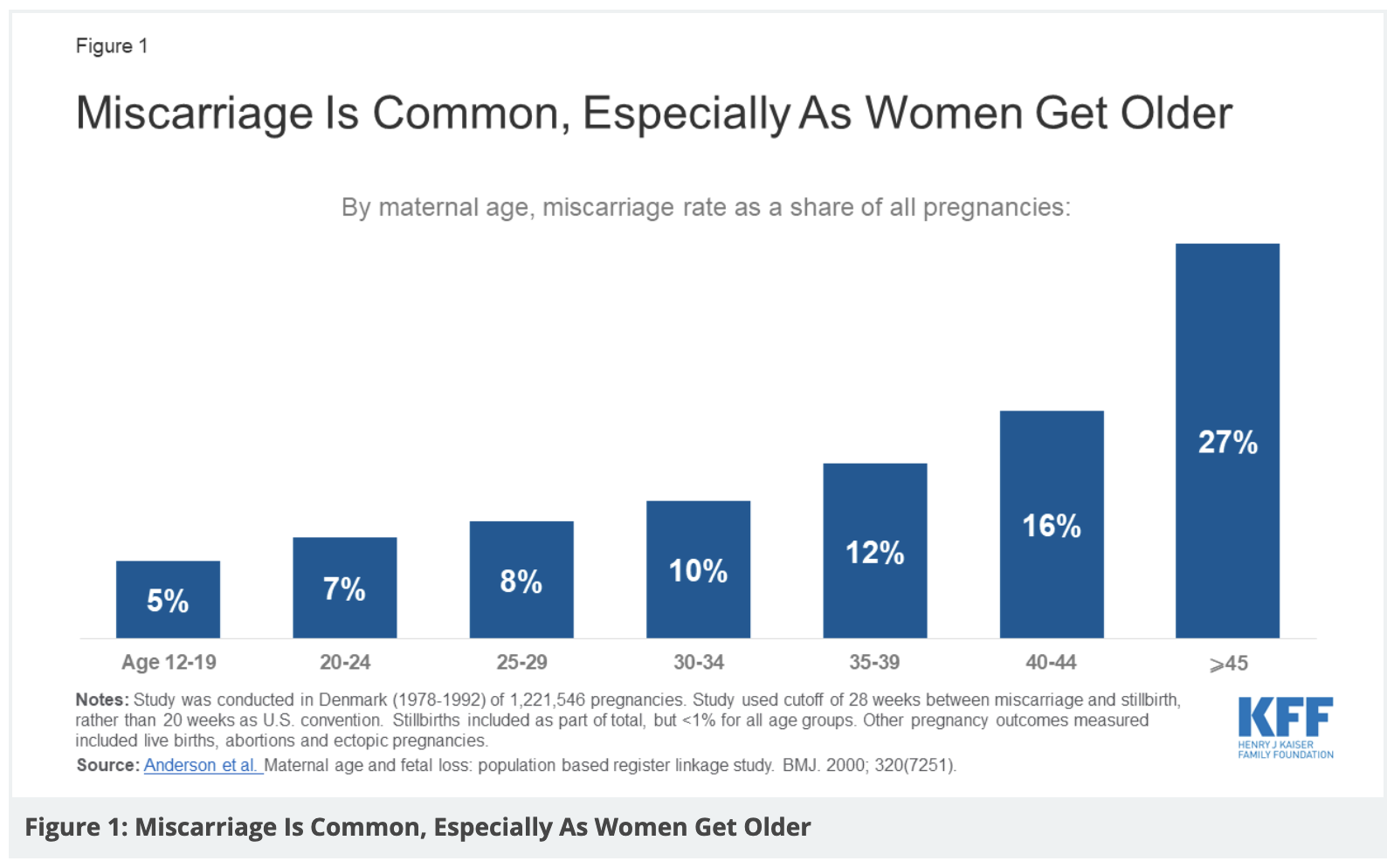American Women Ensnared in Dueling US District Court Mifepristone Rulings
/Dueling Rulings on Mifepristone
In recent developments, federal judges in Texas and Washington State have issued conflicting rulings regarding the FDA's approval of the abortion pill mifepristone. These dueling, contradictory decisions have left the future of the drug and access to medication-induced abortions uncertain.
Amarillo, Texas, U.S. District Judge Matthew Kacsmaryk
In Amarillo, Texas, U.S. District Judge Matthew Kacsmaryk ordered the FDA to suspend the approval of mifepristone as a preliminary measure while a lawsuit challenging the drug's approval proceeds. The order is set to go into effect after seven days. This ruling came in response to a lawsuit brought by the conservative group Alliance Defending Freedom (ADF), which represents anti-abortion doctors and medical associations who claim they have been harmed by having to treat complications from abortion-inducing medication.
Spokane, Washington, U.S. District Judge Thomas O. Rice
On the other hand, in Washington State, Spokane-based Judge Thomas O. Rice partially granted a request from 17 states and the District of Columbia to maintain access to mifepristone. While these states sought to expand access to the pill, Rice did not go that far. Instead, he blocked the FDA from making any changes to the drug's access in the states that sued. This ruling counters the decision made by Judge Kacsmaryk in Texas.
The conflicting rulings have created uncertainty surrounding access to the nation's most common method of abortion, which has been approved for use for decades. It is likely that the U.S. Supreme Court will need to resolve these opposing rulings, but until then, Kacsmaryk's ruling stands.
The Biden administration is appealing Judge Kacsmaryk’s Texas ruling, filing notice that it will appeal to the Fifth Circuit Court of Appeals.
The Texas decision is scheduled to go into effect on Friday, April 14th. Concerned about a timely response, the Biden administration may not wait to seek a further stay from the U.S. Supreme Court, while the appeals process proceeds.
Undermining the FDA
On Sunday, HHS Secretary Xavier Becerra on CNN’s “State of the Union” said that not only is the
Texas ruling unlawful, but it threatens the entire process of FDA drug approval.
“First and foremost, when you turn upside down the entire FDA approval process, you’re not talking about just mifepristone,” he said. “You’re talking about every kind of drug. You’re talking about our vaccines, you’re talking about insulin, you’re talking about the new Alzheimer’s drugs that may come on.”
Many exciting new drugs involve stem-cell research, and the Catholic Church already raised ethical objections to promising COVID-19 vaccine candidates that are manufactured using cells derived from human fetuses electively aborted decades ago.
Women’s rights advocates stress that the abortion pill ruling in Texas is overtly targeted at controlling women’s bodies. We agree. But to suggest that the Texas ruling doesn’t threaten to undermine the entire FDA and all drug research in America is naive.
The MAGA Republican party is totally out-of-control and seeks to undermine every institution in America. There is no room for rational thinking about what the party will and will not do. We must assume the worst at every turn in the road.
15-20% of U.S. Pregnancies Naturally End in Miscarriage
Medical providers prescribe mifepristone for managing miscarriages, which can be “one of the most difficult times in a women’s life,” according to Secretary Becerra.
The majority of Americans believe that miscarriages are rare and under 5% of total pregnancies.
Reality is that 15-20% of pregnancies result in miscarriages in America. With women having babies at older ages, the respected Kaiser Family Foundation estimates a miscarriage rate of nearly 30% with women over 45.
If mifepristone is taken off the market, abortion providers in Washington will still have options, such as pivoting to misoprostol-only protocols or even a third regimen. This means that medication abortion will remain available in the state regardless of the Texas case's outcome. However, providers are concerned about the potential disruption to patient care, confusion, exacerbated side effects, and additional logistical barriers for patients who travel to Washington from states with active abortion bans.
In Texas, nearly all abortions, including medication abortions, are prohibited. In 2021, legislators passed a law specifically making it a felony to mail abortion-inducing medication. The future of mifepristone and its impact on abortion access nationwide remains uncertain as the legal battle continues.


